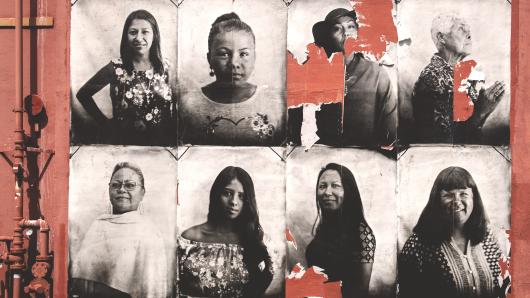Race in a Polarized America

Associated Schools

Harvard Extension School




How do we manage issues of race, ethnicity, and immigration in a polarized political era? What role did race play in the election of President Trump, after eight years of the presidency of Barack Obama? How can we be good citizens of the world when Americans have such mixed views and take such mixed actions in engaging with racial hierarchy, identity, or interaction? This course addresses these questions by examining policy disputes around issues such as incarceration and policing, free speech, the role of biology in ancestry and medical care, electoral politics, activism, and movement across borders. We examine class, nationality, and gender differences within and across groups, and how group boundaries are made stronger or weaker. We consider how to reduce unproductive polarization, and how we can promote a better America even, or especially, when we do not agree on just what better entails. Course readings range from public speeches and interviews to works in political science, sociology, economics, and genomic science. Students learn how and where the United States has progressed in promoting group equality and fairness, as well as where it has not or has even moved backwards. Students end the course with a deeper understanding of the core American paradox of the persistence of group hierarchy in a country dedicated to democracy, equality, and liberty, and what people can do to resolve that paradox.